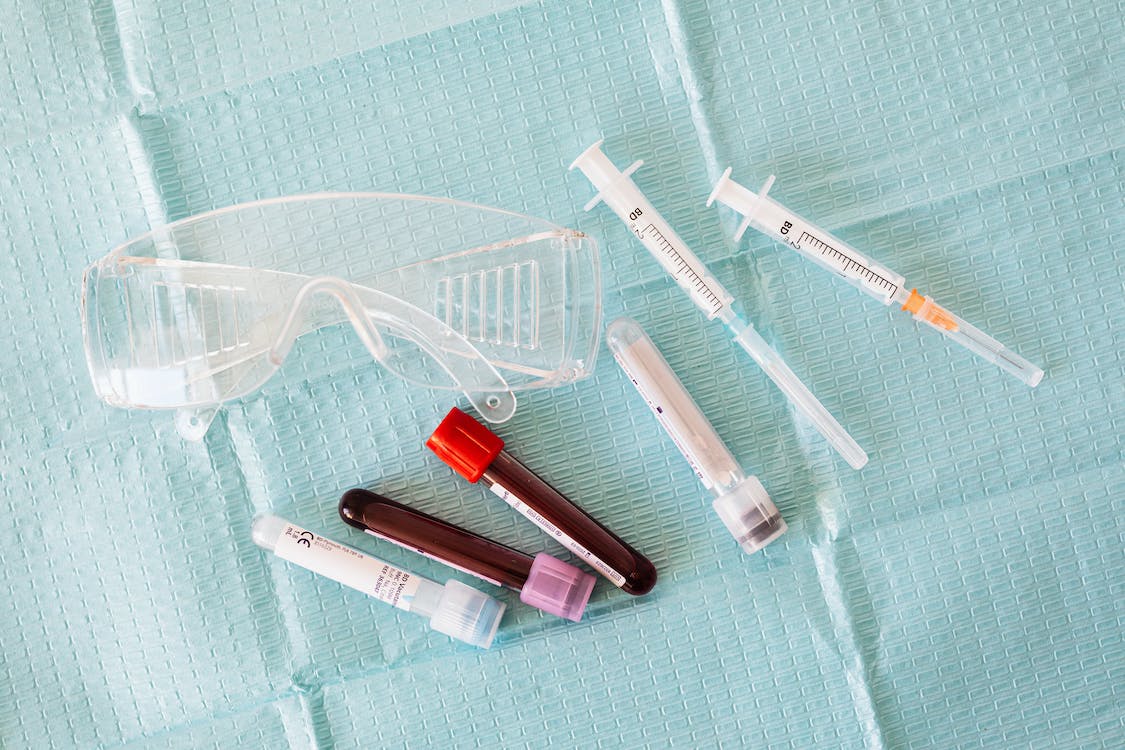Introduction
Pathology labs play a crucial role in healthcare, helping to diagnose and monitor various diseases and conditions. These labs, also known as diagnostic centres, pathology clinics, or diagnostics labs, are equipped with advanced technology and skilled professionals to analyse and interpret medical samples. By providing accurate results, these labs assist doctors in making informed decisions about patient care. In this article, we will explore the importance of pathology labs in healthcare.
Importance of Diagnostic Centre
Let’s have a look at some of the crucial factors through which diagnostic centre helps in healthcare:
1. Early Detection and Diagnosis
Pathology clinics are essential for early detection and accurate diagnosis of diseases. They receive samples such as blood, urine, tissues, or biopsies from patients and perform a wide range of tests to identify any abnormalities or signs of diseases. These tests can include blood tests for cholesterol levels, urine tests for infections, or biopsies to detect cancerous cells. The timely detection and diagnosis provided by pathology labs enable doctors to initiate appropriate treatments promptly.
2. Monitoring Disease Progression
Pathology labs are not only involved in the initial diagnosis but also play a critical role in monitoring disease progression. For example, individuals with chronic conditions such as diabetes require regular monitoring of their blood sugar levels. Diagnostic centres can measure these levels accurately by conducting some tests like the HbA1c test. By closely monitoring disease markers over time, doctors can adjust treatment plans accordingly to ensure optimal management of the condition.
3. Screening Programs
Diagnostic centres are instrumental in conducting screening programs that aim to detect diseases at an early stage before symptoms appear. These programs often target severe but common conditions such as cancer or cardiovascular diseases. For instance, mammography screenings are conducted to detect breast cancer in its early stages when the treatment has a higher chance of success. Pathology laboratory conducts screening tests and provides accurate results, enabling timely interventions and improved outcomes.
4. Genetic Testing
Advancements in genetic research have led to the development of various genetic tests that provide valuable insights into an individual’s risk for certain conditions. Pathology labs offer genetic testing services that can detect gene mutations associated with diseases such as hereditary cancers or rare genetic disorders. These tests help individuals understand their genetic makeup and make informed decisions about preventive measures or family planning.
5. Disease Research and Development
Diagnostic centres also contribute significantly to disease research and development. Researchers rely on pathology laboratories to analyse samples collected from study participants, allowing them to gain a deeper understanding of diseases and develop new treatment strategies. By collaborating with these labs, researchers can identify biomarkers, study disease mechanisms, and validate the effectiveness of potential therapies.
Conclusion
Testing laboratories play a crucial role in healthcare by providing accurate diagnostic testing, monitoring disease progression, conducting screening programs, offering genetic testing services, and supporting disease research and development. These laboratories enable doctors to make informed decisions regarding patient care by providing timely and reliable results. By utilising advanced technology and skilled professionals, pathology clinics contribute significantly to improving patient outcomes and advancing medical knowledge.


